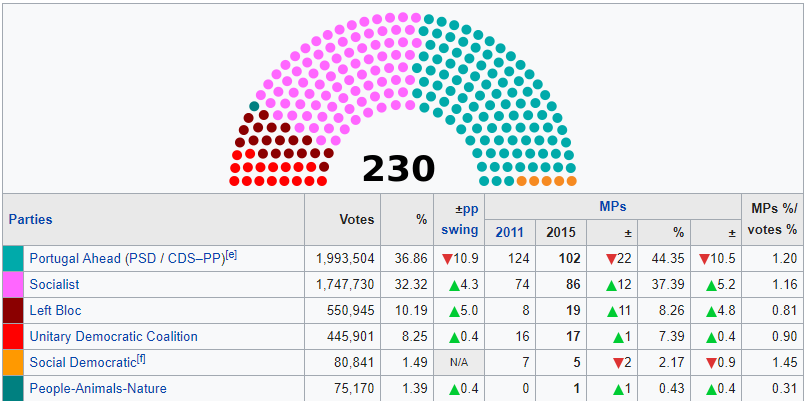In 2023 the Social Democratic Party of Austria (SPÖ) had a leadership election. The first round was held as a non-binding survey of party members, and each of the three candidates (incumbent leader Pamela Rendi-Wagner, the more left-wing Andreas Babler, and the more right-wing Hans Peter Doskozil) received about 33% of the vote. Rendi-Wagner stepped down, and the second round was held as a vote of party congress delegates rather than the general membership.
It was initially announced that Doskozil defeated Babler by 316 votes to 279. Doskozil claimed victory, and Babler pledged to work together with him. However, a journalist noticed that the vote counts for each candidate didn't add up to the total that was announced. The party conducted a recount and discovered that Babler had actually defeated Doskozil by 317 votes to 280. They'd announced the incorrect result because the election officials (who resigned as a result) had incorrectly entered the numbers into the Excel spreadsheet for counting the votes. Doskozil conceded and Babler is now the leader of the SPÖ (though their factions continue to feud with each other publicly).
